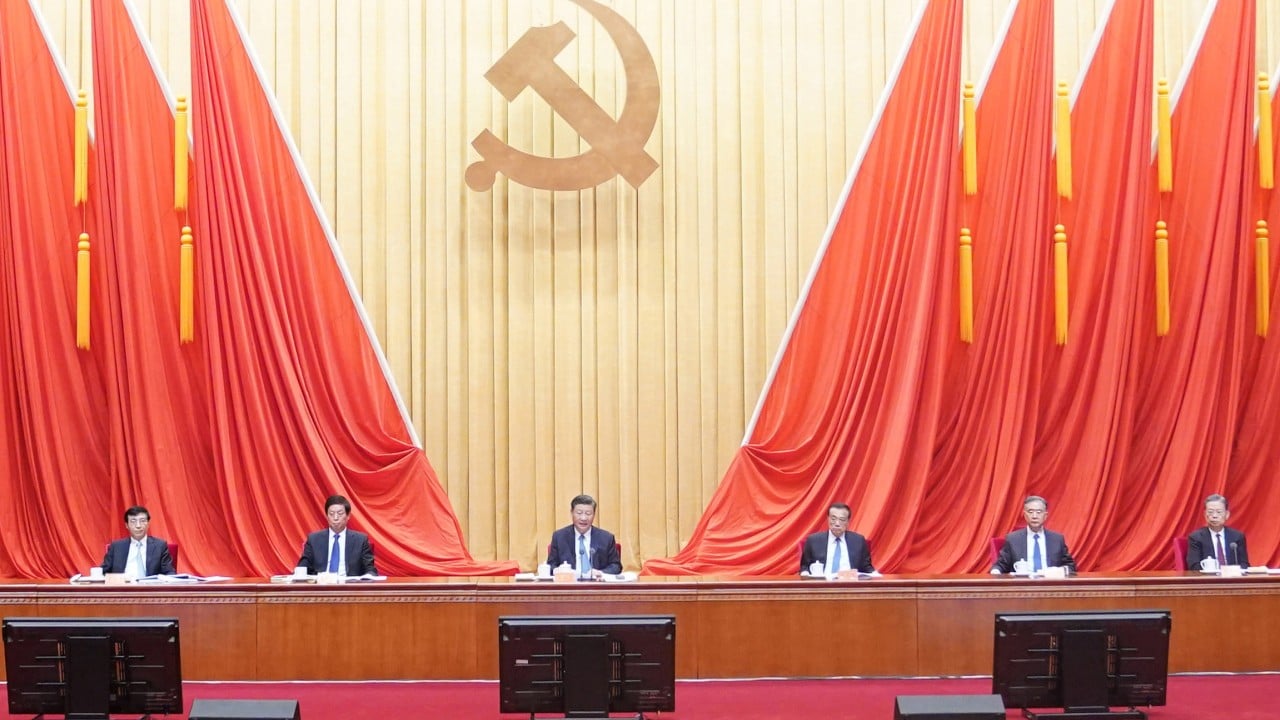Four current and former senior executives of China’s state-owned enterprises in sectors including finance and energy have been placed under investigation for alleged corruption.
They are Zuo Zuqing, deputy director of the state-run China National Nuclear Corp’s capital operational centre; Chen Xiaopeng, former party secretary and director of the China Securities Regulatory Commission’s Shenzhen branch; Dong Guoqun, Shanghai Stock Exchange party committee member and deputy general manager; and Yuan Fei, former party secretary for the Banking Regulatory Commission for the city of Dalian.
They are under investigation for alleged “serious violations of discipline and laws”, the Central Commission for Discipline Inspection (CCDI), the country’s top anti-graft watchdog, said in separate statements released on Friday and Saturday.
No details of the cases have been revealed.
Dong joined the Shanghai Stock Exchange in 1996 and was less than a year away from retirement, according to local media.
The list of party cadres and corporate executives suspected of corruption has grown since Xi Jinping’s speech at a CCDI plenary session in January, when he called for a crackdown on corruption in sectors where “power is centralised with abundant funds and rich resources”, including finance, state-owned enterprises, energy, medicine and infrastructure projects.
Energy, tobacco, medicine, infrastructure projects, and bidding processes have been key areas of the Communist Party’s anti-corruption efforts this year.
Since the beginning of the year, more than 40 officials and executives in China’s energy sector have been investigated for violations of discipline and the law.
Li Dong, retired deputy general manager of the state-run coal mining and utility giant China Energy Investment Group, was sentenced to life in prison last month for taking bribes of over 108 million yuan (US$14.9 million).
From 1999 to 2023, Li used his position to offer favours to others in product sales, coal procurement, business operations and job placements in exchange for illegal gains, the Yichun Intermediate People’s Court said.
China’s disciplinary authorities handed down punishments to more than 610,000 people last year, including 49 provincial or ministerial-level officials.
The CCDI said in a post on its website in December that corruption was taking new forms and becoming harder to detect.
“At present, the soil where unhealthy tendencies can thrive still exists, as does the risk of a rebound in corruption cases,” the statement said.


